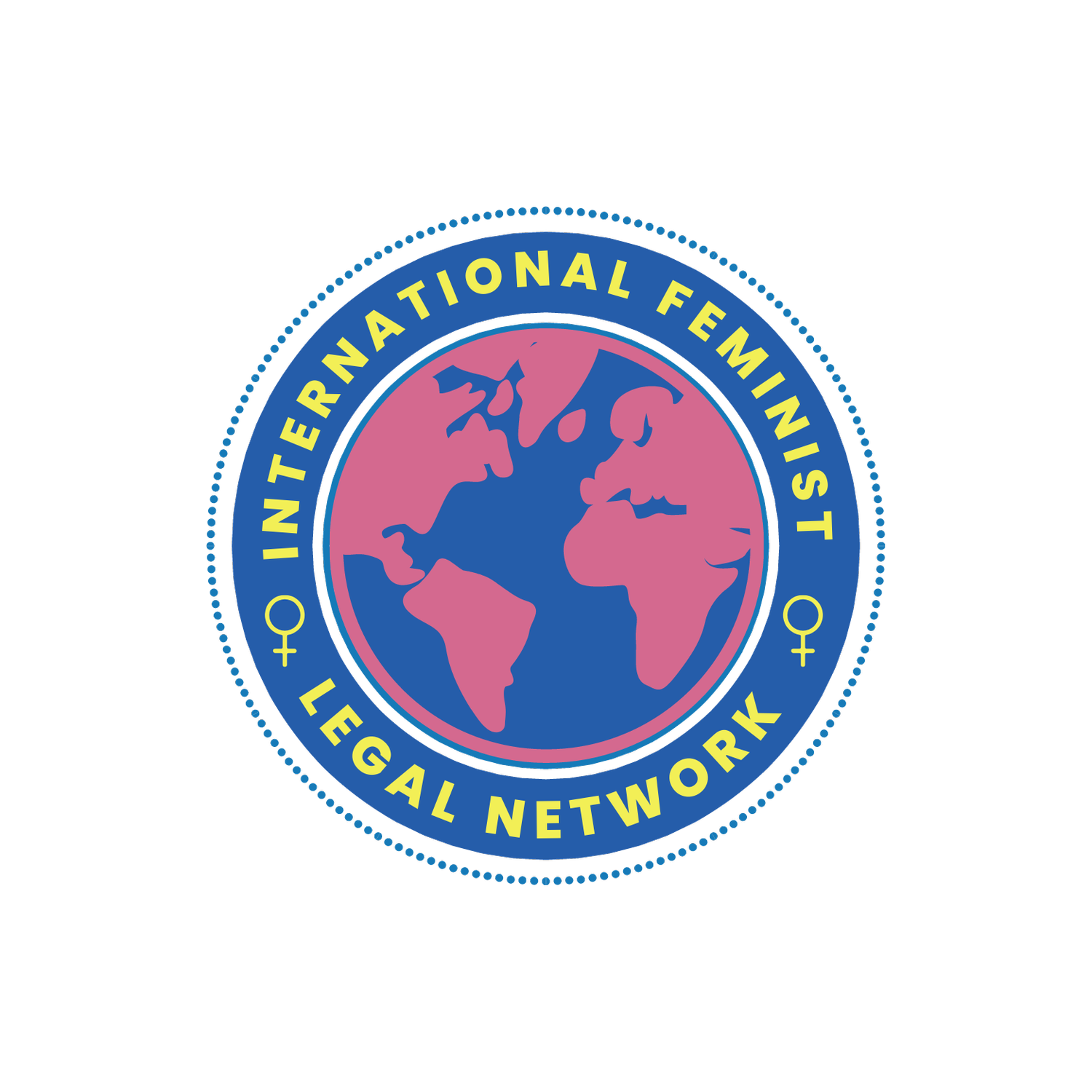Despite international rights provisions, psychological violence currently has a limited profile in legal discourse, both conceptually and in practice. What do we mean by the term? How does it help towards ending violence against women? How has it been litigated and what challenges / success have come from this work?
Join us to discuss these, and related, issues.
Speakers:
Professor Denise Wilson
(New Zealand)
Topic: Social Entrapment Theory
Bio:
Denise is the Professor in Māori Health, an Associate Dean Māori Advancement and Co-Director of AUT Taupua Waiora Māori Research Centre. She undertakes research in areas focusing on Māori/indigenous family violence, health and health service engagement, cultural responsiveness, and workforce development. She is a Fellow of the College of Nurses Aotearoa (New Zealand), and has contributed to research and policy related to Indigenous peoples and family violence affecting Indigenous families.
Professor Julia Tolmie
(New Zealand)
Topic: Social Entrapment Theory
Bio:
Julia is a criminal law professor at the University of Auckland in New Zealand. She researches in criminal law, family law and feminist legal jurisprudence, specialising in family violence. She chaired the NZ Family Violence Death Review Committee from 2011-2017 and sat on the NZ Government’s Expert Advisory Group on Family Violence.
Sudha Ramalingam
(India)
Topic: Litigating Psychological Violence
Bio:
Sudha is a women’s rights activist in India and a well-established lawyer with 43 years of practice in the Madras High Court, Civil, Criminal and Family Courts. She has won numerous cases involving mostly underprivileged women who have never had a voice. Sudha was the National Vice-President of the People's Union for Civil Liberties and also worked with the All India Democratic Women’s Association. As an activist, she has supported victims in high profile cases of sexual violence and seeks their empowerment.
Harriet Wistrich
(UK)
Topic: The Sally Challen Case
Bio:
Harriet Wistrich is a UK lawyer and director of Centre for Women’s Justice. She has thirty years’ experience focussing on holding the state to account, particularly the police and prosecution services. Harriet’s practice started through campaigning around women who kill their abusers. She has represented many women who have appealed their murder convictions, including victim of coercive control, Sally Challen.
Chaired by Dr Purna Sen
Dr. Purna Sen
(UK)
Bio:
Purna is a visiting professor at the London Metropolitan University, where her work focuses on internationalising and facilitating joined-up learning on work to end violence against women. She has worked extensively in the UK and beyond on inequalities and the pursuit of human rights. Purna was Director of the Policy Division at UN women (2015-2020) and later the Executive Co-ordinator and Spokesperson on addressing sexual harassment and other forms of discrimination.





